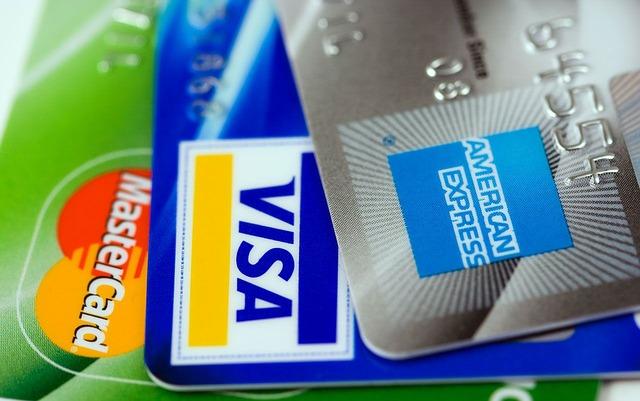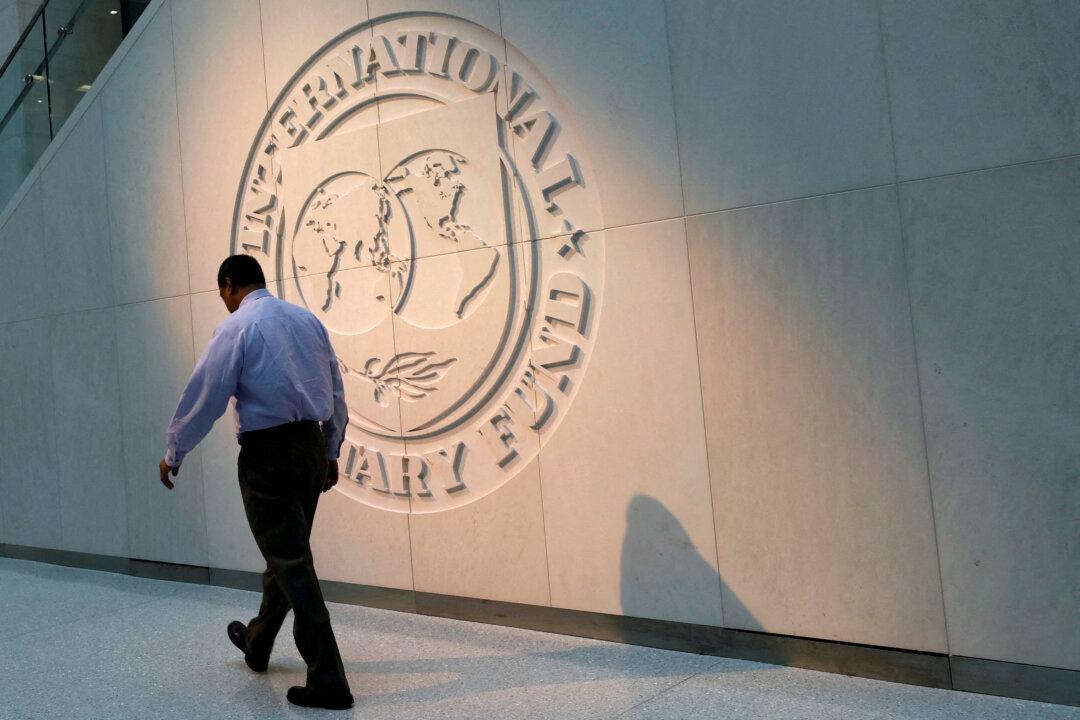U.S. credit card balances failed to decline in the first three months of 2023 as Americans find themselves increasingly burdened by the relentless grip of chronic inflation.
Total credit card debt stood at $986 billion in the first quarter, according to the Federal Reserve Bank of New York’s Quarterly Report on Household Debt and Credit on May 15, showing a record 17 percent jump year-over-year.




